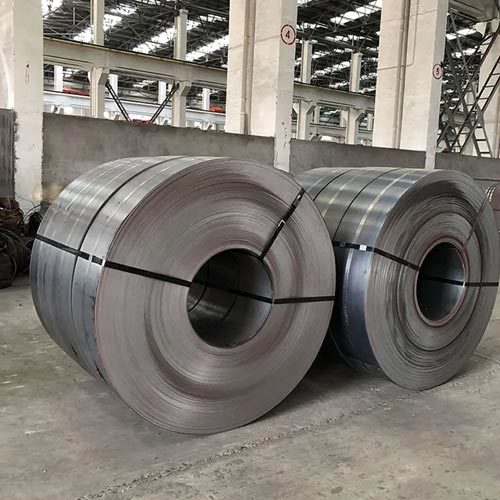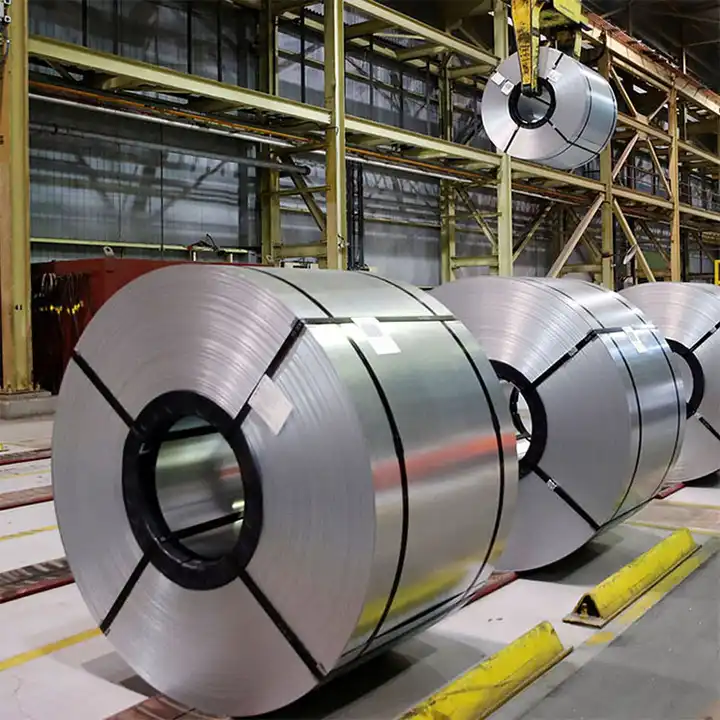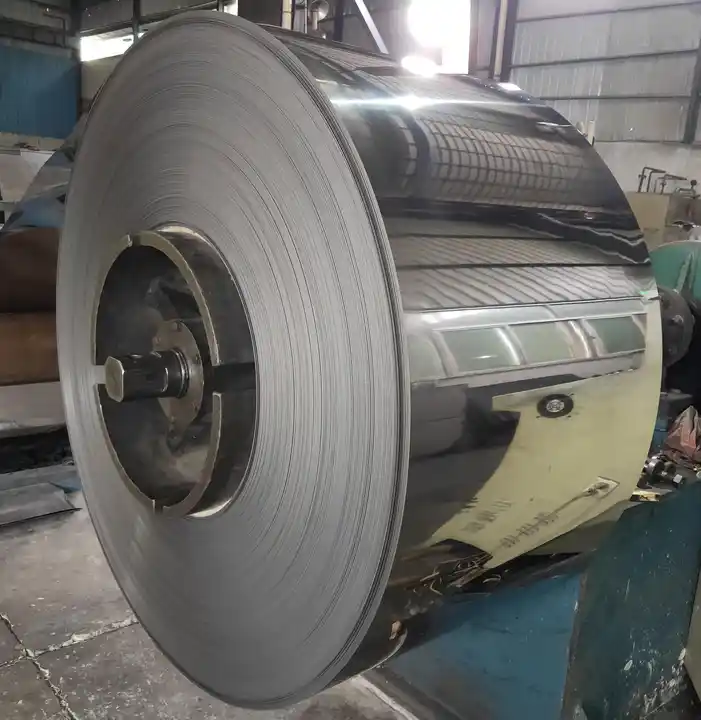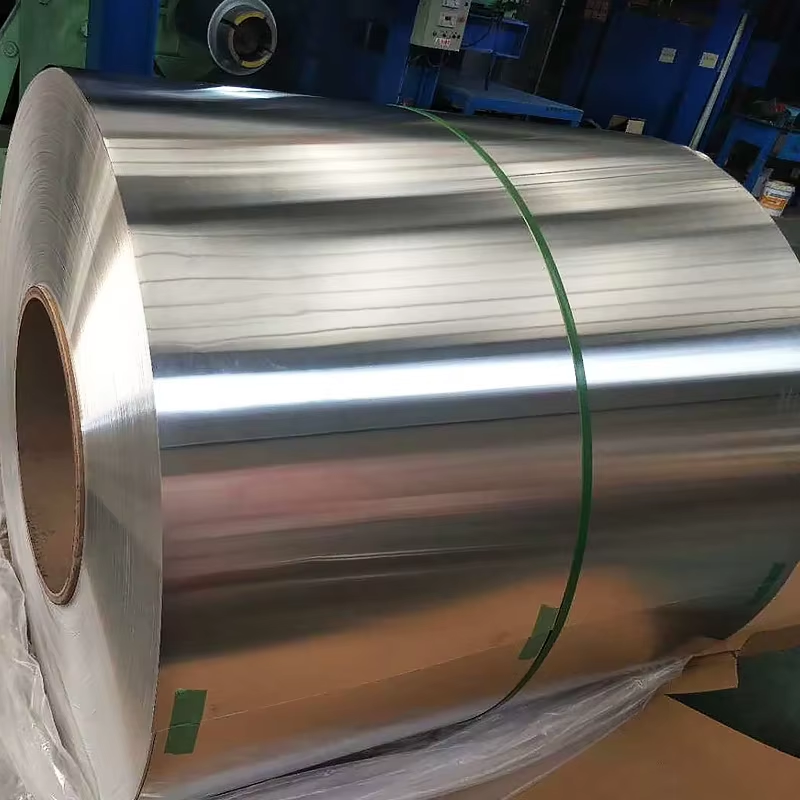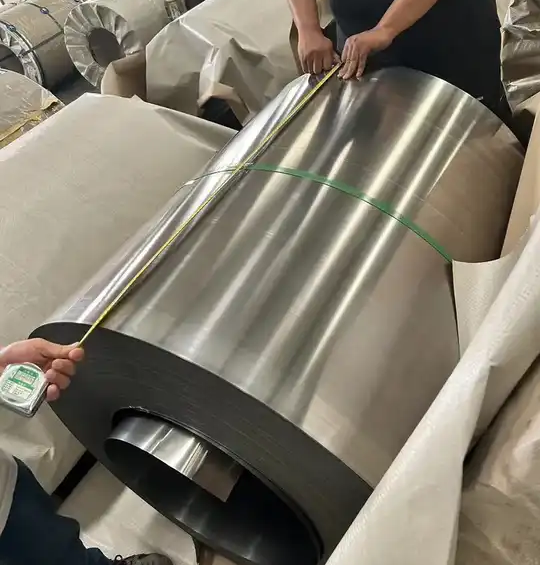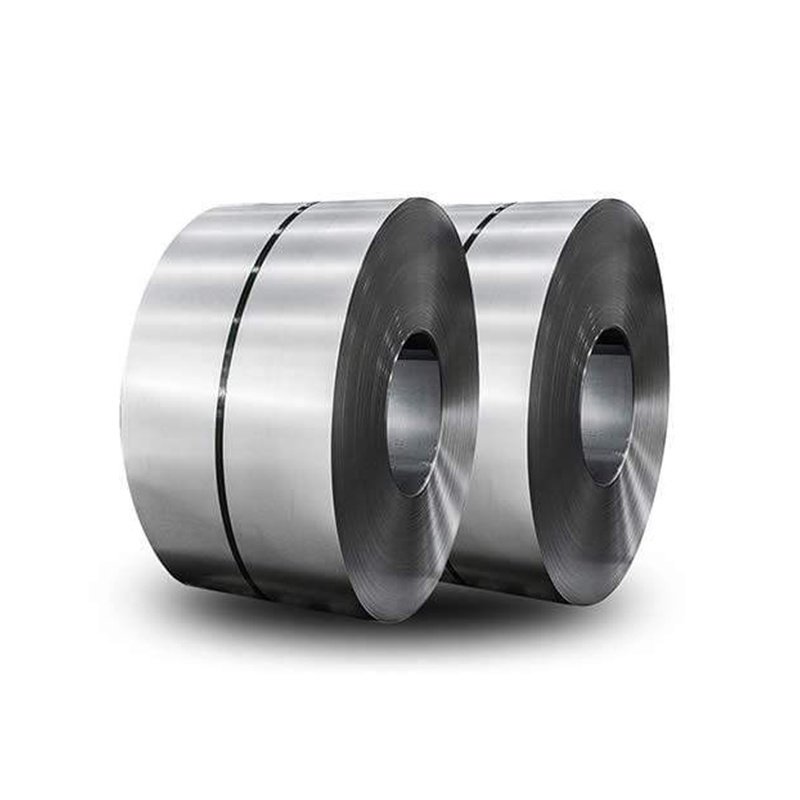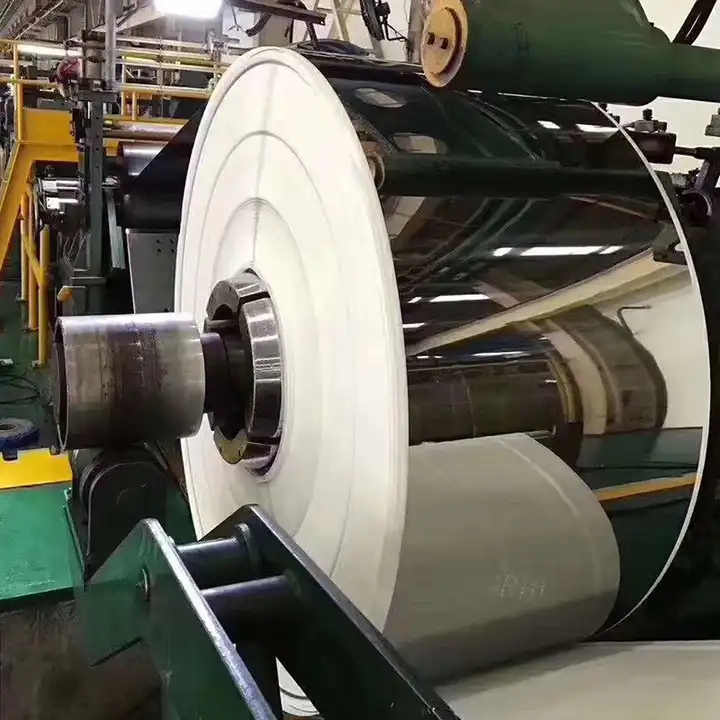PRODUCT CENTER
CONTACT US
If you are interested in cooperation, please contact us immediately, we will give you feedback as soon as possible!
A588 Pressure Vessel Carbon Steel Coil
ASTM A588 steel is a high-strength low-alloy structural steel section, coil and bar used for welded, riveted or bolted structures. These steels are mainly used in welded bridges and buildings where weight reduction or increased durability is required. In most environments, the atmospheric corrosion resistance of this steel is significantly better than that of carbon structural steel with or without the addition of copper.
GB/T11251 1345 Alloy Structural Steel Coil
GB/T 11251 alloy steel is one of the common hot-rolled alloy structural steel coils. GB/T 11251 Hot-rolled coil has high strength and wear resistance, high hardenability, moderate cold deformation plasticity, good cutting performance and good welding performance. During the heat treatment, the toughness of the steel decreases less. GB/T 11251 alloy steel can still maintain high toughness under water cooling conditions, but it has a tendency of overheating sensitivity, white spot sensitivity and temper brittleness.
EN 10083-3 4135/4140/4142/6150 Alloy Structural Steel Coil
EN 10083-3:2006 steel is an alloy steel used for quenching and tempering. This standard regulates the technical delivery conditions of alloy steels. Under the steel 50CrMo4, 51CrV4, 20MnB5, 34CrMo4, 42CrMo4, 27MnCrB5-2. EN 10083-3 steel plate has high strength, high toughness and good hardenability. The alloy requires high temperature preheating before welding to eliminate the stress after welding.
API Spec 5L Pipeline Steel Coil
API Spec 5L is an international standard that specifies the manufacturing requirements for two product specification grades (PSL 1 and PSL 2) of seamless and welded steel pipes used in pipeline transportation systems in the oil and gas industry.
304 stainless steel is a kind of universal stainless steel material, rust resistance than 200 series of stainless steel material is stronger. High temperature resistance is also better, can be as high as 1000-1200 degrees. 304 stainless steel has excellent corrosion resistance and good intergranular corrosion resistance. For oxidizing acids, it is concluded in the experiment that 304 stainless steel has strong corrosion resistance in nitric acid with a concentration of less than or equal to 65% of the boiling temperature. It also has good corrosion resistance to alkali solution and most organic and inorganic acids.
304L is one of the austenitic stainless steels with a chromium content of at least 18%, a nickel content of at least 8%, and a maximum carbon content of 0.03. 304L stainless steel is an ideal choice for various household and commercial applications, with excellent corrosion resistance, ease of manufacturing and excellent formability. Austenitic stainless steels are also considered to be the easiest to weld among high alloy steels and can be welded by all fusion and resistance welding processes.
Grade 316 stainless steel is an austenitic form of stainless steel with a molybdenum content of 2-3%. The addition of molybdenum makes the metal more resistant to pitting and corrosion and improves its resistance to exposure to high temperatures. This grade of stainless steel is particularly effective when used in acidic environments. With this metal, corrosion caused by acetic acid, hydrochloric acid and other forms of acid can be prevented.
316L stainless steel is an austenitic stainless steel metal alloy that contains nickel and molybdenum, making it corrosion resistant. 316L is a 316 low carbon grade. This grade is not affected by sensitization (grain boundary carbide precipitation). It is often used for large-gauge welded parts (approximately over 6mm). 316L stainless steel has higher creep, fracture stress and tensile strength than chromium nickel austenitic stainless steel at high temperature.
309 and 309S are austenitic chromium-nickel stainless steels that are typically used for higher temperature applications. Due to its high chromium and nickel content, 309 and 309S alloys have a high degree of corrosion resistance, excellent oxidation resistance and excellent heat resistance, while providing good strength at room temperature and high temperature. The only significant difference between 309 and 309S is the carbon content. The 309S alloy has less carbon, which minimizes carbide precipitation and improves weldability.
316Ti(UNS S31635) is a titanium stabilized version of 316 molybdenum-containing austenitic stainless steel. 316 alloys are more resistant to general corrosion and pitting/crevice corrosion than traditional chromium-nickel austenitic stainless steels such as 304.
301 grade stainless steel is a common austenitic stainless steel with good corrosion resistance and high carbon content, and can be cold worked to various temperatures. Among stainless steels, 301 is the most easily strengthened steel by cold deformation. Cold deformation processing can improve the strength and hardness of steel, and retain sufficient plasticity and toughness. In addition, this steel has good rust resistance under atmospheric conditions, but its corrosion resistance in reducing media is poor, and its corrosion resistance in chemical media such as acid, alkali and salt is poor. Therefore, it is not recommended for corrosive environments.
310S is an austenitic stainless steel that combines excellent high temperature performance with good ductility and weldability. It is usually used for high temperature applications because its high chromium and nickel content provides solid corrosion resistance, excellent oxidation resistance and excellent strength at temperatures up to 2100 °F. Due to its high chromium and nickel content, it is superior to 304 or 309 stainless steel in most environments.





